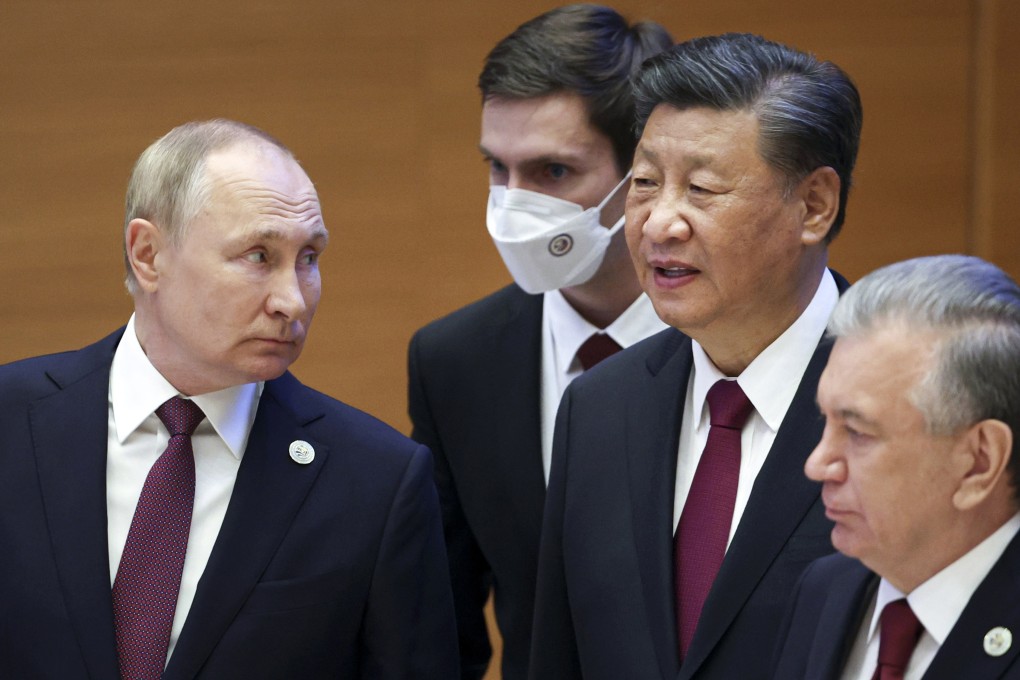Advertisement
Opinion | China’s subtle change of stance on Russia’s invasion of Ukraine should not go unnoticed
- While China remains committed to the Sino-Russian partnership, recent diplomatic efforts show it is also concerned about protecting its global image
- Beijing’s calls to respect sovereignty and opposition to the use of nuclear weapons suggest a quiet disapproval of Moscow’s military actions
Reading Time:3 minutes
Why you can trust SCMP
42

Since Russia’s invasion of Ukraine on February 24, 2022, China has been walking a diplomatic tightrope. On one hand, it does not want to be seen as siding with Russia for fear of alienating itself from the international community, especially the West. Nor does it want its international image tarnished by the perception of it as supporting an aggressor.
On the other, China has deep strategic and security interests in strengthening relations with Russia. For many years, Beijing has regarded Moscow as the most helpful partner in withstanding US-led strategic and political pressures. In addition, Russia has traditionally served as an important source for China’s energy security.
Given these considerations, China’s official rhetoric on the war includes two dimensions. On its causal factors, Beijing has almost completely aligned with Moscow’s justifications. They centred on the claim that Nato’s eastward expansion was the chief culprit in stoking tensions.
Advertisement
On the act of war itself, however, China has been less supportive of Russia. Its stance could even be viewed as an implicit disapproval of Moscow’s military actions, with China consistently advocating respect for sovereignty and conflict resolution through peaceful means. Beijing is careful not to be so openly against the war because doing so would be seen by Moscow as walking back on their strategic partnership.
In essence, “pro-Russian neutrality” appears to quite accurately capture China’s position. This stance has been frequently criticised by political elites and opinion leaders in many Western countries. Some even highlighted China’s role as a key supporter of Russia’s war efforts.
Advertisement
There is much validity to these opinions, especially when one looks at the persistent substantiveness of China-Russia relations after the breakout of war. That said, this ongoing debate misses some subtle shifts in China’s stance.
Advertisement
Select Voice
Choose your listening speed
Get through articles 2x faster
1.25x
250 WPM
Slow
Average
Fast
1.25x

